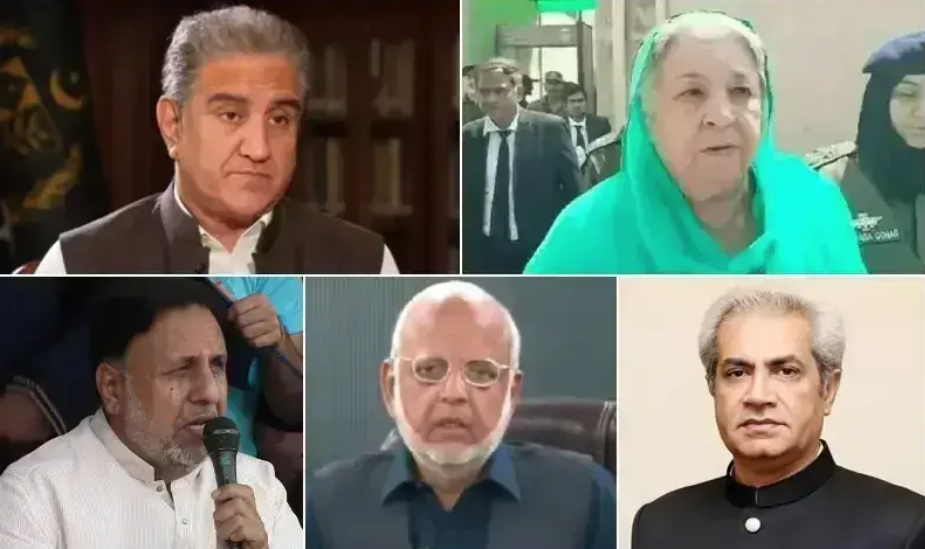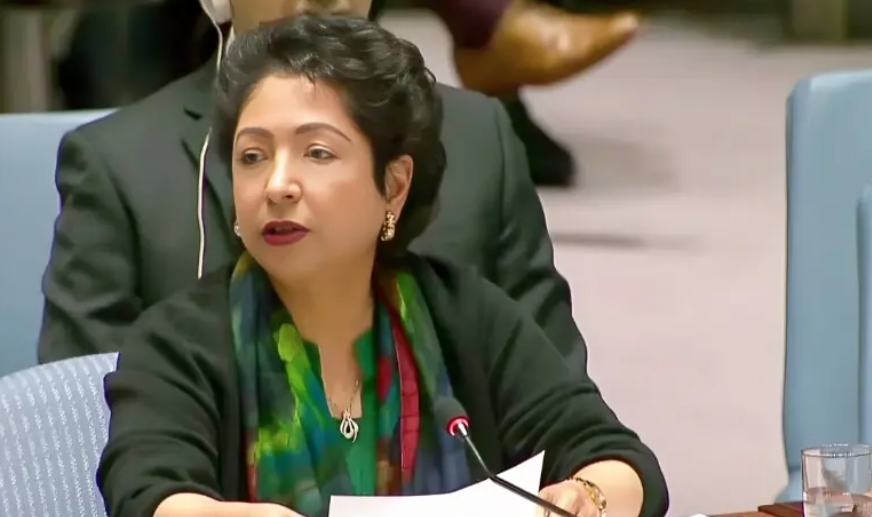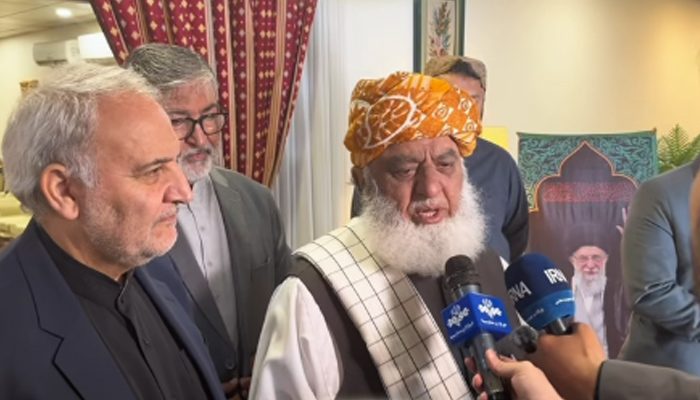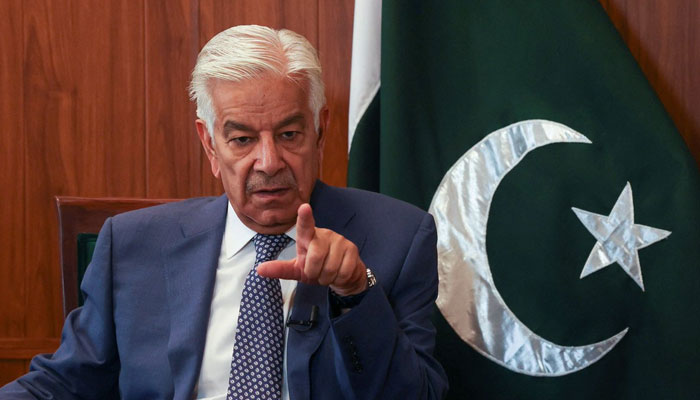POLITICS & POLICY MAKING
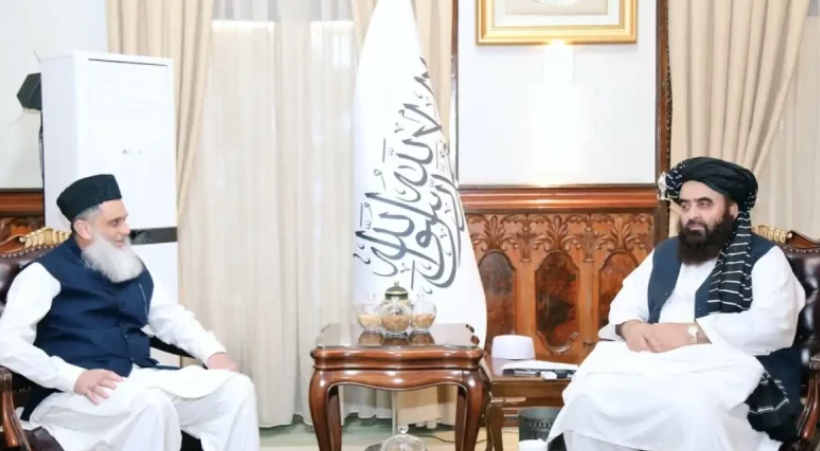
Tensions between Pakistan and Afghanistan have escalated as the Afghan Acting Foreign Minister, Amir Khan Muttaqi, met with Pakistan’s Acting Ambassador in Kabul, Obaid-ur-Rehman Nizamani. The meeting comes at a time when Pakistan has accelerated the deportation of Afghan refugees, sparking concerns in Kabul.
Muttaqi voiced his concerns about the treatment of Afghan refugees in Pakistan, calling the deportation process "provocative" and "harmful" to bilateral relations between the two nations. According to Zia Ahmad Takal, the head of public relations at Afghanistan’s Ministry of Foreign Affairs, Muttaqi emphasized that the deportation of illegal Afghan residents is damaging the long-standing ties between the neighboring countries. He further urged that the situation be improved immediately.
Since early April, Pakistan has intensified the deportation process, with local officials in Nangarhar reporting that approximately 40,000 Afghan refugees have been sent back from Pakistan in just 16 days. This move has raised tensions, particularly as the Afghan government contends with the humanitarian concerns surrounding the deportation of its citizens.
Meanwhile, Afghanistan also rejected a statement from Pakistani Prime Minister Shahbaz Sharif, who accused Afghanistan of harboring terrorist organizations like the banned Tehreek-e-Taliban Pakistan (TTP) and ISIS Khorasan (ISKP). Speaking to the media on April 13, PM Sharif had said, "We have sent a message to the Afghan interim government many times to prevent its territory from being used by terrorists. However, groups like TTP and ISKP continue to target Pakistan from Afghanistan."
In response, Afghan government spokesperson Mullah Hamdullah Fitrat dismissed the allegations, calling them "unfair" and "contrary to reality." He stated, "Afghanistan is not responsible for Pakistan’s security challenges. The situation inside Pakistan is its internal issue, and blaming Afghanistan for it is unjust."
Fitrat further asserted that the Afghan government does not allow any armed group to use its soil against other countries, insisting that peace and stability have been ensured in Afghanistan under the Islamic Emirate’s rule.
The growing tensions highlight the complex dynamics between the two countries, with both sides accusing each other of failing to fulfill their responsibilities in terms of border security and counterterrorism efforts.
